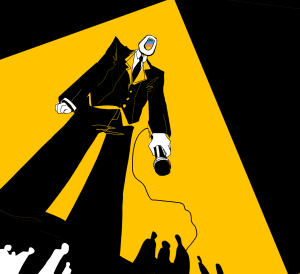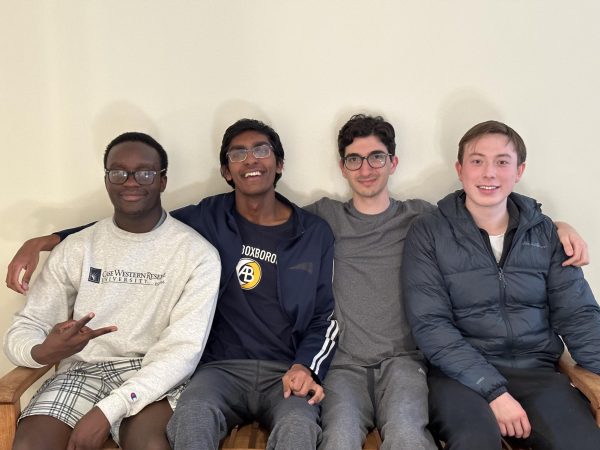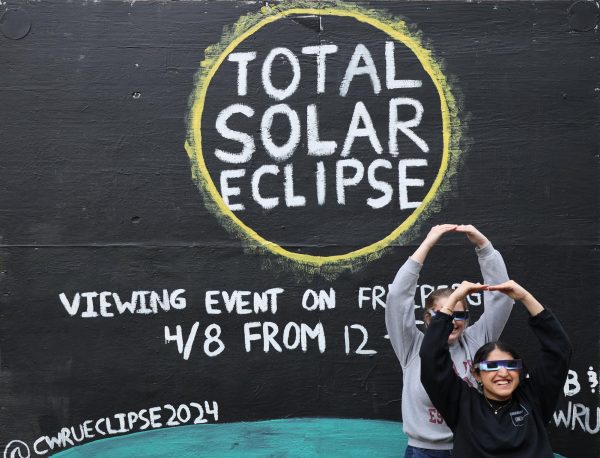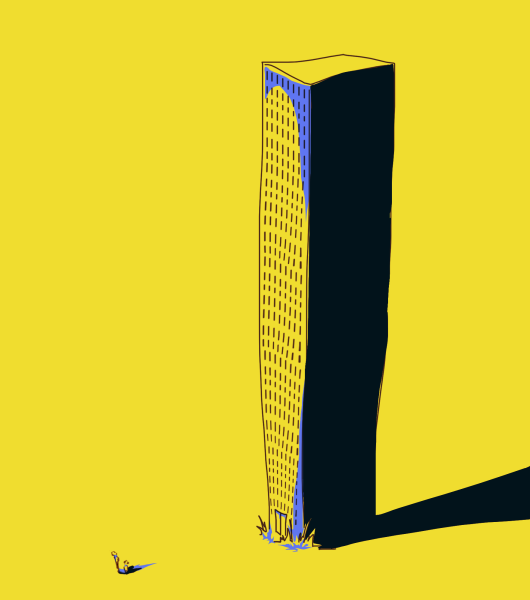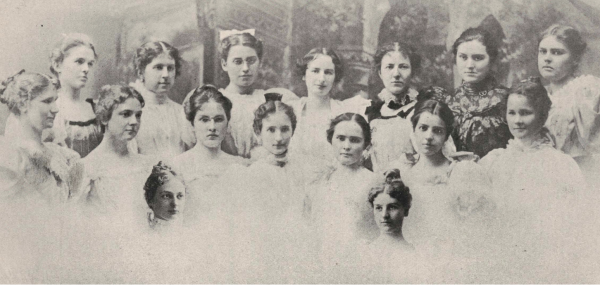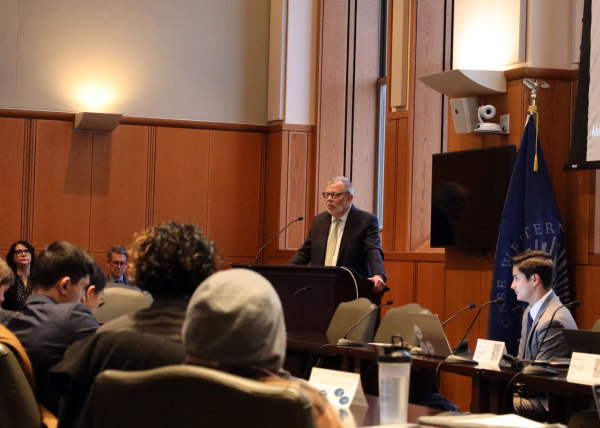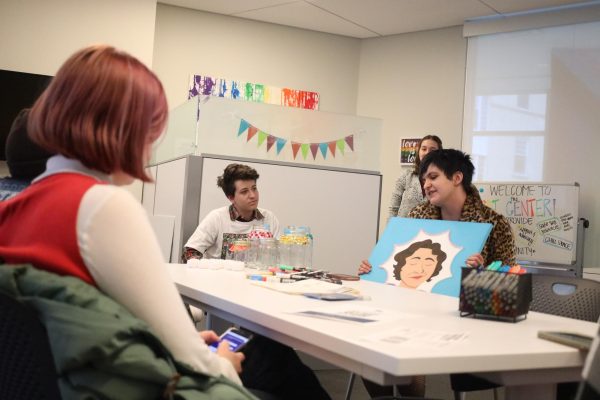Students and faculty set CWRU records for innovation
Blackstone LaunchPad and Technology Transfer Office see new startups and inventions
January 23, 2014
Despite the challenges associated with new business ventures, Case Western Reserve University has its greatest success over the past year in terms of student startups and faculty innovations.
In its first official month of operation at CWRU, entrepreneurship program Blackstone LaunchPad helped launch 12 student startups, according to CWRU’s latest annual report. Meanwhile, the Technology Transfer Office saw an all-time high of 223 inventions disclosed and submitted by faculty members, licensing 36 patents to companies.
The number of inventions disclosed to the office is more a measure of faculty engagement than of the office’s performance, according to Daniel Pendergast, director of operations and strategic initiatives. The Technology Transfer Office decide which inventions to file in the United States Patent and Trademark Office, and licenses patented inventions to various companies. Additionally, in the last four years the office has included disclosures received by University Hospitals in the statistic, since the funding is still through CWRU.
Of the inventions disclosed, Pendergast said the office typically files for patents for about a third of inventions submitted. About half of those are licensed to companies, and half of the licensed patents go on to make money. The annual report lists that these licensing deals brought in $1.7 million in revenue. However, Pendergast notes that only one or two licensing deals per year make more than $100,000.
Most inventions are protected under nondisclosure agreements to preserve confidentiality. However, several startups led by CWRU graduates have received significant press this year, including ConservoCare, a company focused on restoring bladder function through nerve stimulation; and Disease Diagnostic Group, which is developing a device that can quickly detect malaria in a blood sample.
Over winter break, several of these startups displayed their work at the international Consumer Electronics Show in Las Vegas. CWRU was one of seven colleges represented there, according to LaunchPad program director Bob Sopko.
Initially the program was met with faster outside financing than expected, Sopko said, and some student groups which have been successful are now serving as peer mentors for others looking to get their ideas off the ground. For example, the water usage monitor Sprav, which was invented by a CWRU student who used a Kickstarter campaign, is now providing help to other students funding their projects through Kickstarter.
“School here is very hard,” Sopko said. “You’ve got your class to go to, you’ve got a lot of studying… The students are extremely motivated and passionate about this. It’s amazing.”










